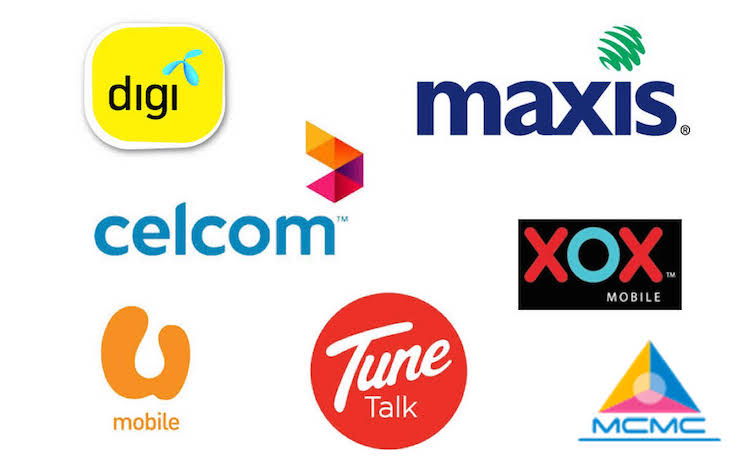The survey asks telco users if they would accept force majeure clauses to be implemented in billing and whether they would generally prefer “express consent” over “deemed consent”. Express consent requires users to consent after first being informed while deemed consent assumes the user already consents to a service without asking. Force majeure clauses are contractual clauses that absolve or alter the liabilities of the operator when an extraordinary event or circumstance beyond their control prevents them from fulfilling those obligations. These circumstances include war, terrorism, earthquakes, hurricanes, acts of government, plagues, or epidemics.
Where the term epidemic, or pandemic, has been used, that will clearly cover COVID-19. When we looked at the current version of the GCC, it already allows telcos to invoke force majeure in issuing bills and repair services. In fact, earlier this year, the Association of Malaysian Express Carrier (AMEC) invoked force majeure when couriers had their services affected due to large volumes during the Movement Control Order (MCO), as allowed by the Postal Services Act 2012. The GCC is a voluntary industry code registered in 2003 by the MCMC to serve as a guideline and benchmark for service providers in the provision of communications and multimedia services to consumers. It sets industry standards such as advertising and customer service quality to make sure consumers are protected from predatory or misleading practices and get satisfactory communication services. (Sources: MCMC, GCC, KKMM, Sinar Harian, Pinsent Masons)
